Is "open source AI" the key? Dan Tri reporter interviewed Mr. Alexandre Zapolsky, Chairman and co-founder of Linagora - a French open source software company with 25 years of experience in France and 10 years of presence in Vietnam.
From high-level French-Vietnamese cooperation commitments to AI mastery and national positioning strategies, his sharing opens up many valuable and practical perspectives.
Leverage to help Vietnam access core AI technology and build digital sovereignty
Sir, in the context of Vietnam and France strengthening strategic cooperation, the recent visit of the French President is expected to create strong impetus for many fields, including science and technology. In your opinion, what specific cooperation opportunities in the field of AI between the two countries can this visit open up?
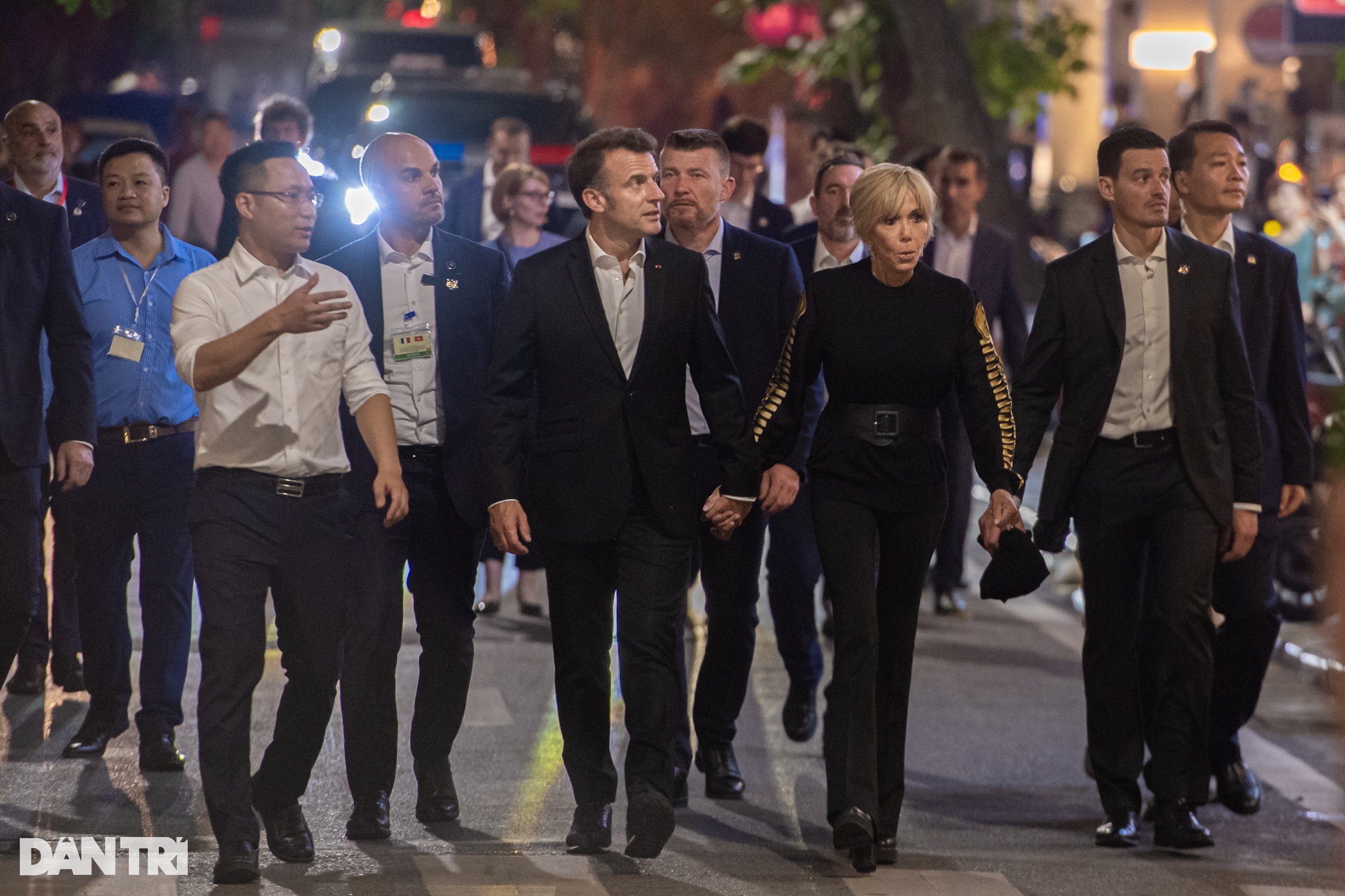
President Emmanuel Macron, his wife and members of the French delegation stroll around Hoan Kiem Lake (Photo: Thanh Dong).
- This visit is highly anticipated by the Vietnamese people and all those who are nurturing the France-Vietnam relationship. President Macron, as usual, always pays special attention and commits to supporting the technology and science sectors.
As evidence, he chose to visit students at the University of Science and Technology of Hanoi (USTH), a symbol of French-Vietnamese cooperation and a university with top training quality in Vietnam.
Although the President was unable to attend the French Tech Summit in Ho Chi Minh City (taking place on May 27), we were honored to welcome the Minister in charge of Artificial Intelligence and Digital, Clara Chappaz.
As Co-Chair of the International Cooperation Committee of the French Digital Sector Strategy Committee, at this event, I participated in a roundtable discussion and proposed the idea of building a Franco-Vietnamese alliance for digital sovereignty and Artificial Intelligence. I was delighted that the representative of VNPT Group responded to this proposal.

Mr. Alexandre Zapolsky (left cover) took a photo with Minister for Artificial Intelligence and Digital Clara Chappaz (yellow shirt) at the French Technology Summit (Photo: CTV).
I also boldly make a commitment: At the second French Tech Summit next year, we will jointly present concrete achievements of cooperation between France and Vietnam in the field of AI.
Linagora and VNPT have publicly committed to working closely together to realize this goal. All of this became possible thanks to the French President’s visit to Vietnam, following the previous visit to France by General Secretary To Lam.
It can be seen that there is an extremely strong political cooperation between the senior leaders of the two countries and this will certainly create specific impacts, promoting substantive cooperation between businesses of the two sides.
From the commitments and cooperation orientations at the highest level after the French President's visit, what breakthrough potential do you see for Vietnam to access and master advanced AI technologies from France, especially in industries where France has strengths?
- France currently has a significant comparative advantage over Vietnam in the field of supercomputers. We have invested many years ago in supercomputer systems, so France has abundant GPU (Graphics Processing Unit) resources. I know that Vietnam is lacking in computing power and GPU.
This is a huge area for cooperation. France can support Vietnamese researchers in accessing and using supercomputing resources, especially for developing open-source AI models, or at least open science.
The second point where I think we can cooperate effectively is to jointly implement scientific and technical research and development projects in the field of AI platform models.
In France, we have built a community called OpenLLM France, which is currently the largest French-language AI research community, bringing together 1,200 engineers and scientists to work together to create truly open AI, of which AI Lucie is the first.
We are willing to share these valuable experiences - from training a platform model from scratch - with our Vietnamese colleagues, so that Vietnam can build and master its own national AI model, ensuring digital sovereignty.

Mr. Alexandre Zapolsky took a photo with French President Macron during his recent state visit to Vietnam (Photo: CTV).
The final element needed is data, and there are plenty of datasets available that we can leverage.
So, in your opinion, what are the main barriers that Vietnam needs to overcome to truly create a revolution in the field of AI?
- I think Vietnam needs to move from a model where individuals are simply AI users for personal purposes (including at work), to a stage where AI deeply penetrates businesses. Businesses must proactively apply AI models to transform themselves and improve productivity. This is a necessary paradigm shift.
Second, it is necessary to strongly communicate to the business community that companies that do not proactively research and apply AI will face the risk of falling behind or even disappearing, just like those businesses that ignored the Internet in the early 2000s.
Back then, many companies thought they didn’t need a website, didn’t need an online store, didn’t even need email. And as a result, most of them ceased to exist.
The Vietnamese government, under the dynamic leadership of General Secretary To Lam, is implementing important programs to boost the private sector. The key is to integrate a systematic strategy around artificial intelligence right from the start. And it all starts with education.
Major universities and institutes in Vietnam need to train not only the skills to use AI, but also equip them with in-depth knowledge about the nature of AI, its potential impacts, and how AI can bring solutions to organizations.
Truly Open AI: The Golden Key for Vietnam to Position itself on the Global Technology Map
What do you think about utilizing open source for AI development in Vietnam? Apart from the cost and cooperation aspects, how can mastering and developing these open source platforms help Vietnam position itself on the global AI map?
- In my opinion, truly open AI is the only way for latecomers to catch up with the superpowers that have invested billions of dollars in this field. Therefore, truly open AI is a golden opportunity for Vietnam.
I emphasize the concept of "truly open AI" because there is a big difference with what people often call open source AI but is not really open, for example AIs from Meta or DeepSeek.
An AI is considered “truly open” when it meets three criteria:
Freedom of Use: Users are free to exploit AI.
Method transparency: AI training methods must be fully public.
Access to training data: Training data must be provided under a free license, allowing model retraining.
Based on these three criteria, there are currently only two AI models in the world that we recognize as “truly open”: Paul Allen’s OLMo and our Lucie.
However, a new wave is forming and more and more people are realizing the importance of this.
Many people are now tweaking supposedly open source models without really paying attention to fair use rights. For example, there are many businesses built on the Llama (Meta) model, while Llama itself prohibits anyone from doing business based on their open source versions.
The current situation is a bit like the Far West, where everyone is free to do whatever they want with AI. But surely, large corporations, Big Tech, will increasingly monitor who is doing what with their AI models.
Therefore, Vietnam needs to invest heavily in truly open AI. And this is an area where France and Vietnam can absolutely cooperate closely.
In order for Vietnamese AI startups to master technology and compete fairly in the international market, what strategic support do they need from the Government, organizations, as well as cooperation with French technology enterprises?
- We need to “prime the pump” (amorcer la pompe) – that is, create the initial push to launch projects. Usually, State intervention is essential, possibly through public laboratories or building funding and subsidy mechanisms between the Government and AI startups.
I am not an expert on the specific situation in Vietnam, but I am not sure that Vietnam has had many similar support programs as in France.
In France, we have the "France 2030" program, a very successful initiative with many components for funding innovation. For example, the OpenLLM France community that I mentioned also receives resources from here. This is a valuable experience that we can share with our Vietnamese colleagues, including at the governmental level between the two countries.

Lucie is a major French language model (Photo: SQ).
In your opinion, which AI trends will have the strongest impact on Vietnam's socio-economic development in the future? And how can France accompany Vietnam in forecasting and mastering these trends?
- I believe one of the biggest changes that AI will bring is in collaboration. The way businesses work will change completely.
I imagine in the future, we will no longer write emails, online meetings like this will be automatically recorded and converted into text stored on your personal drive, even with an automatic summary of the exchange content.
More importantly, all of this will enable the creation of enterprise-specific large language models (LLMs). Each company will increasingly “learn” from its own operations and interactions with partners.
As a result, all the traditional functions of business will be disrupted. For example, I think CRM (Customer Relationship Management) systems will no longer be necessary, because once every conversation, every exchange with a third party is recorded, we no longer need to manually enter contact information.
All that information will be in the enterprise LLM and AI will be everywhere. That will be the next big revolution.
The next step is what we call personal LLM. All our experiences will be recorded and we can “relive” those moments.
In short, the next big breakthrough is enterprise LLM and then personal LLM. Right now we’re just talking about voice, but it’s clear that everything is going to be multimodal, integrating visuals.
These are the disruptive trends that will shape the next 10-20 years. And that is why the demand for Data Centers will explode.
Apart from the technological aspect, in your opinion, what political, human and cultural factors need to be strengthened so that Vietnam can fully exploit the potential of AI and international cooperation, especially with France?
- I think a key factor is that AI must be seen as a trust-building factor. Right now, in many countries, AI is creating a lot of questions and doubts. Interestingly, this doubt comes from both users and regulators.
The fact is, AI is a trend that has already started and will never stop. We need to turn it into a tool to bring us closer together, to strengthen the trust between people, users and the government. This will allow Vietnam to exploit the full potential of AI.
Interestingly, Vietnamese people are now using AI a lot in their personal lives. AI has crept into their lives. People are using AI widely, but mainly in the personal sphere or to improve work performance.
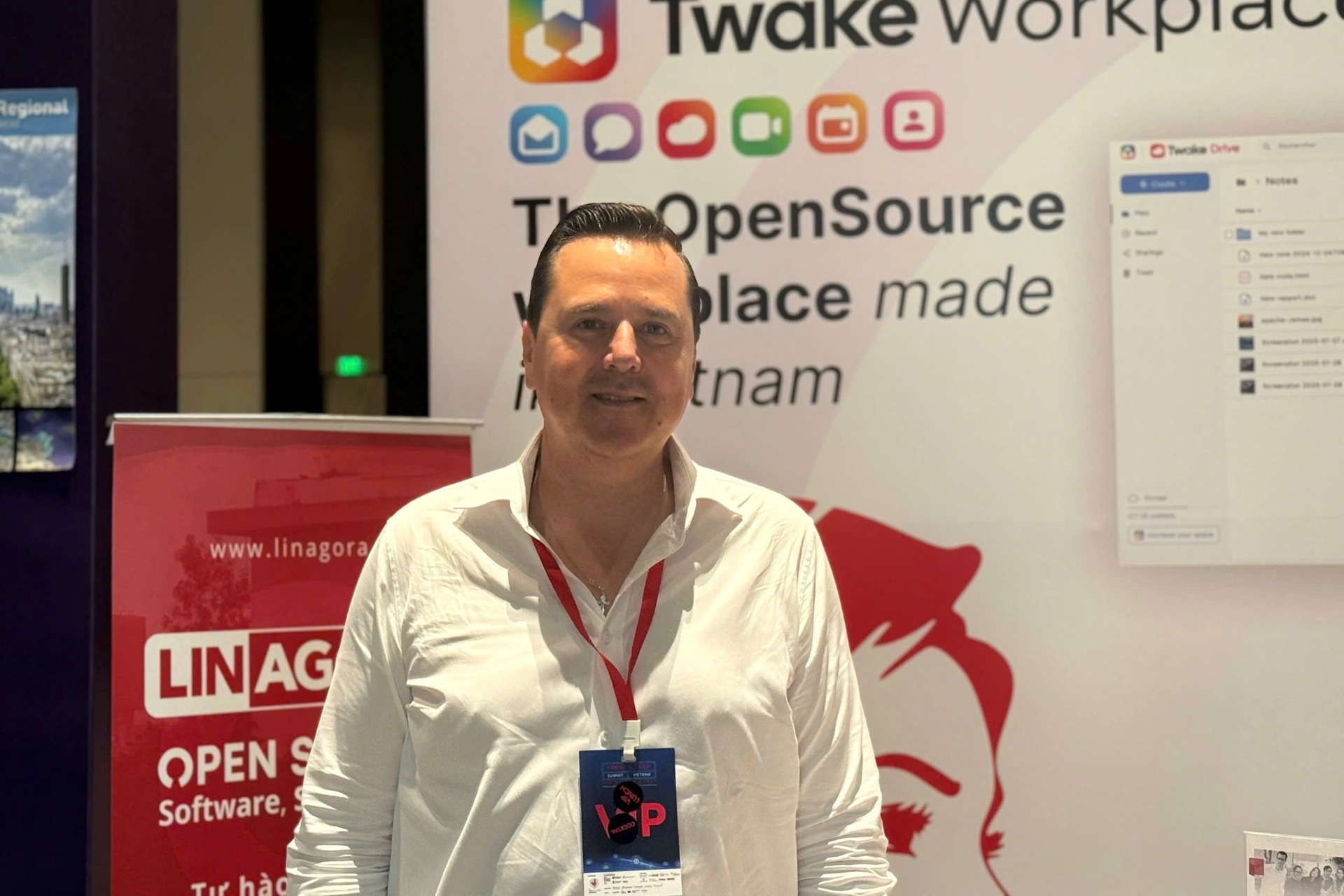
According to Mr. Alexandre, AI is a trend that has started and will never stop. We need to turn it into a tool to bring us closer together (Photo: Contributor).
This potential needs to be expanded and applied more strongly, including in Vietnam's state administrative agencies, to modernize and improve operational efficiency. AI must become a factor in strengthening trust between the people and the government. That is a hopeful message that I want to convey.
Sir, what specific activities does Linagora currently have that contribute to AI development in Vietnam?
- First of all, as a core principle, everything we do at Linagora is “truly open”. Therefore, we share our achievements not only with the French and Europeans, but with the whole world, including Vietnam. That is the first point – we have a systematic approach to knowledge sharing.
Second, within the Linagora team in Hanoi, we are starting to have people developing new AI-based services ourselves. What is very exciting is that we are becoming a concrete bridge between France and Vietnam.
This shows that the special connection between Linagora France and Linagora Vietnam is helping to bring overseas Vietnamese talents back to the country to contribute right from the beginning of their careers. We are "repatriating" our capacity and technological know-how to Vietnam and deploying it directly here.
I don't want to create an open source AI in Vietnam as a French person. I want to create an open source AI of Vietnam, as a Vietnamese person (in a spirit of cooperation).
Thank you for taking the time to chat!
Source: https://dantri.com.vn/cong-nghe/chuyen-gia-phap-ai-thuc-su-la-co-hoi-vang-de-viet-nam-tu-chu-cong-nghe-20250528172408610.htm



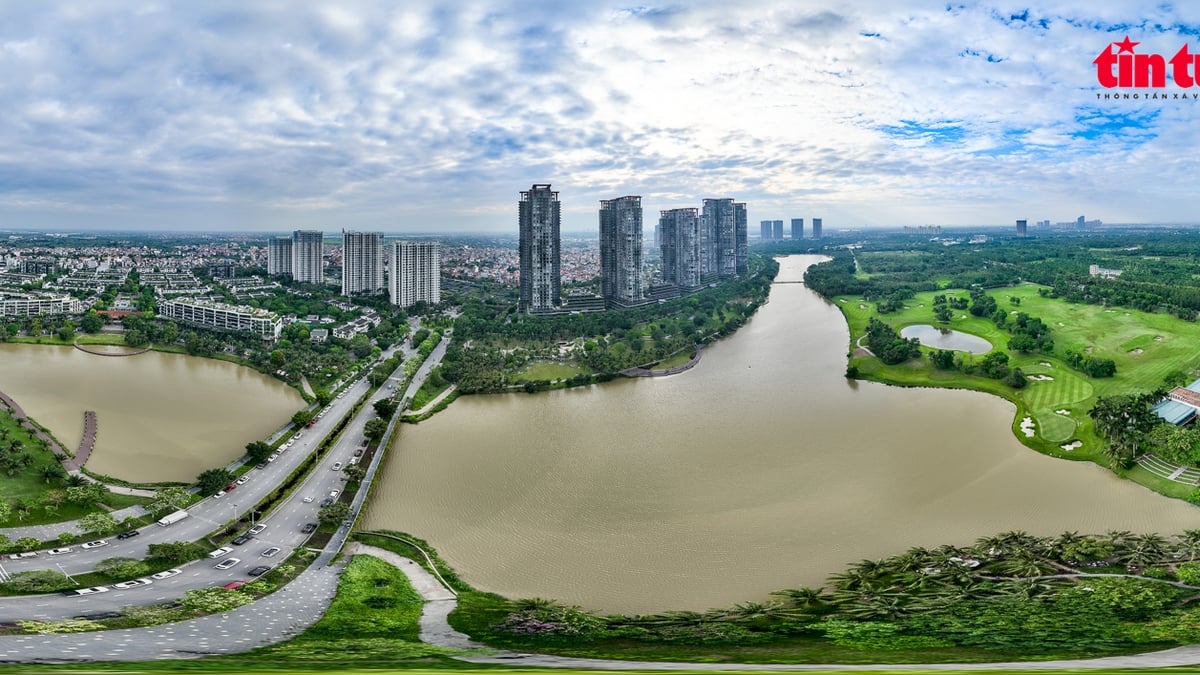







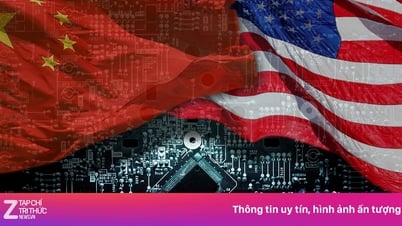











































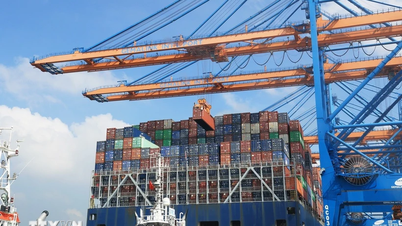









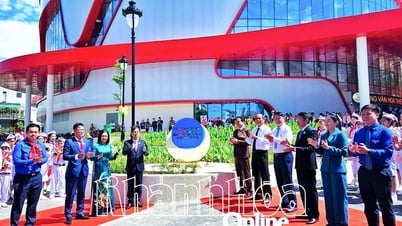

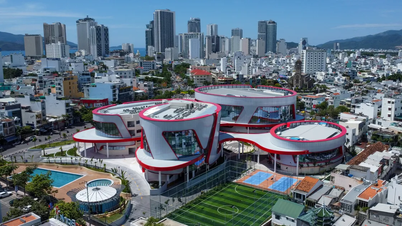

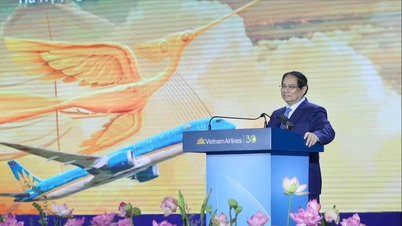
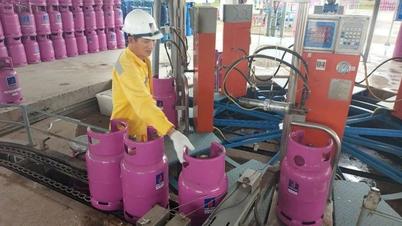

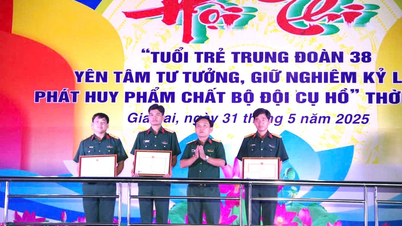













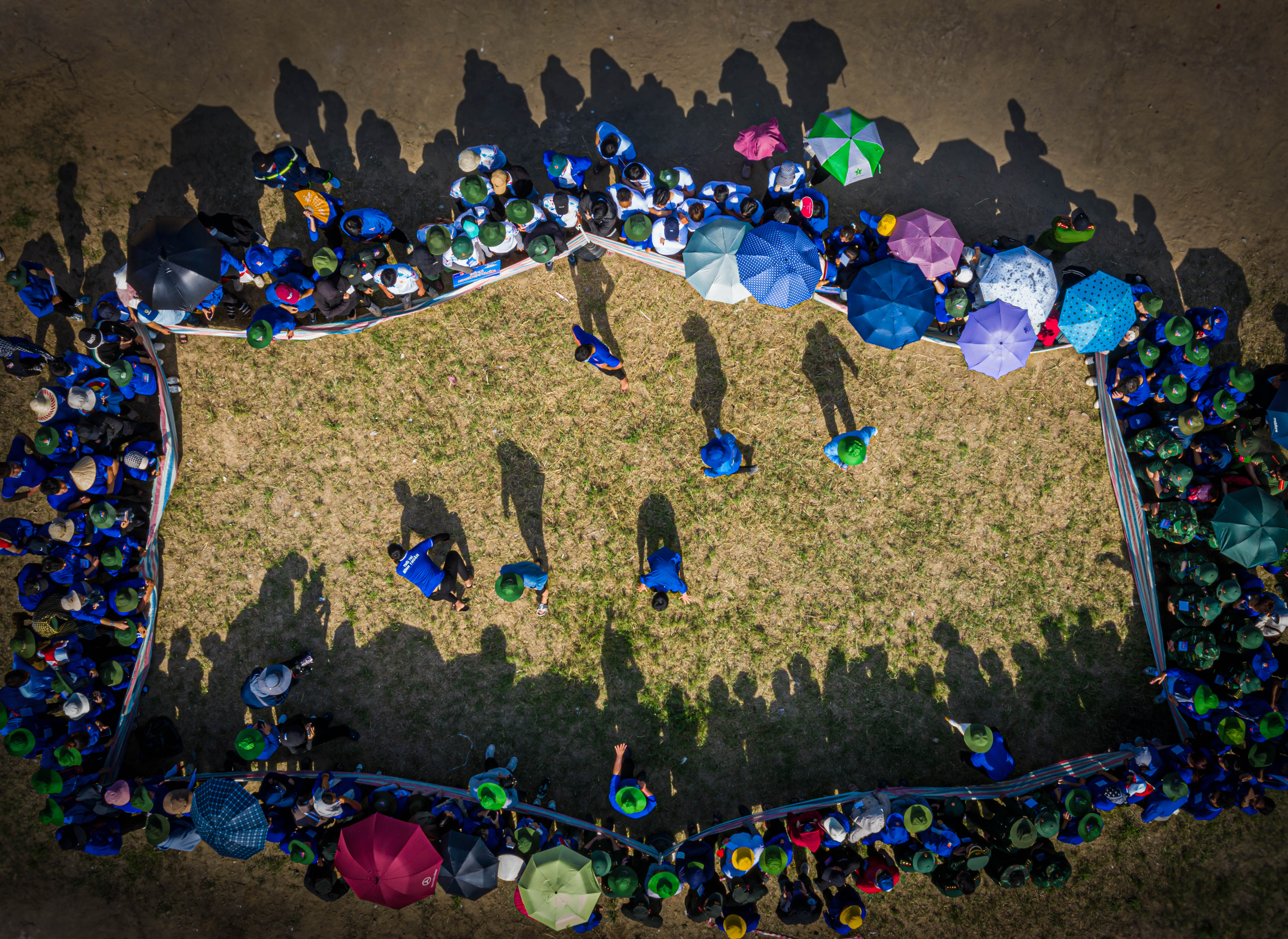



Comment (0)